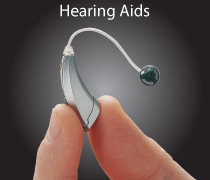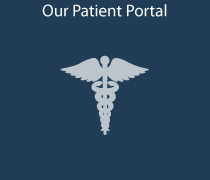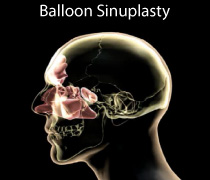Doctor,
What causes heartburn?
 Reflux. Heartburn. GERD. There are many names to describe what is medically known as gastroesophageal reflux disease or GERD. GERD is partly a result of normal body conditions. When you eat and drink every day, your mouth pushes things into the back of your throat and down a tube known as the esophagus. The esophagus is the pathway that leads from your mouth down to your stomach. Your stomach, meanwhile, naturally secretes proteins and acids which help your body break down food and drink that you consume each day. Those proteins and acids are supposed to stay within the stomach.
Reflux. Heartburn. GERD. There are many names to describe what is medically known as gastroesophageal reflux disease or GERD. GERD is partly a result of normal body conditions. When you eat and drink every day, your mouth pushes things into the back of your throat and down a tube known as the esophagus. The esophagus is the pathway that leads from your mouth down to your stomach. Your stomach, meanwhile, naturally secretes proteins and acids which help your body break down food and drink that you consume each day. Those proteins and acids are supposed to stay within the stomach.
In GERD, however, they leak outside the stomach and into the esophagus, sometimes traveling up to the back of the throat and inside the mouth. This is why many people can experience “heart burn” as your esophagus is irritated by the acid and protein that is not supposed to be inside it. This causes inflammation and irritation that can come across as a burning sensation. If it reaches your mouth, it may result in belching or a bitter and sour taste. Many commercials and advertisements frequently focus on these symptoms or have actors portray them.
What these advertisements do not usually show, however, are signs that are more subtle. Otolaryngologists (Ear, Nose, and Throat physicians) frequently evaluate patients who present with some of these less typical symptoms: dry cough, feeling like something is stuck inside your throat, difficulty swallowing, intermittent hoarse voice, and sore throats. The reasons for these symptoms are due to the close proximity of your esophagus to your voice box and trachea. The trachea is how air travels from your mouth, through the voice box, and into your lungs. When the acids and proteins leak from the stomach up the esophagus, they can spill onto your voice box, trachea, and surrounding structures. This is very irritating and results in frequent coughing as your body attempts to remove the irritation. This is known as laryngopharyngeal reflux disease, or “silent reflux.”
To diagnose silent reflux, frequently an Otolaryngologist will use a mirror or small camera to visualize the back of your throat and voice box area. Typically, therapy will involve dietary recommendations, medications, elevating the head of your bed, or further testing. Many people may struggle believing these symptoms are related to GERD, but if therapy is given proper attention and adherence, many patients realize that they feel much better.
In conclusion, GERD, when present in the voice box area, can cause “silent reflux” which may present with signs located more in the neck and throat areas. This can usually be effectively treated similarly to GERD using a combination of lifestyle changes, diet, and possibly medication. If you have experienced symptoms that you think may be related to silent reflux, you should seek advice from a specialist such as an Otolaryngologist who can evaluate your throat and neck area for this disease and to rule out other pathology.
– Midwest Ear, Nose and Throat












